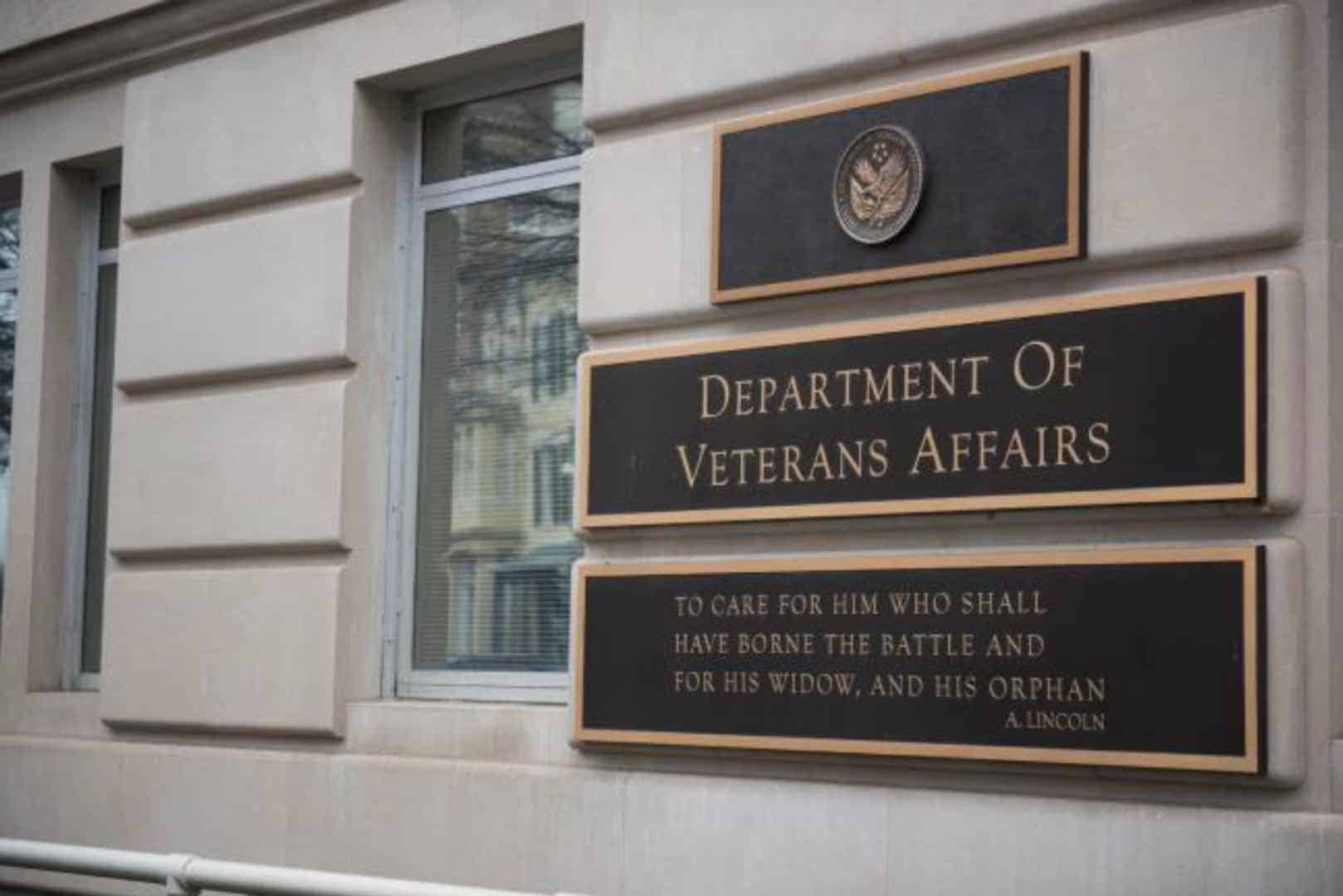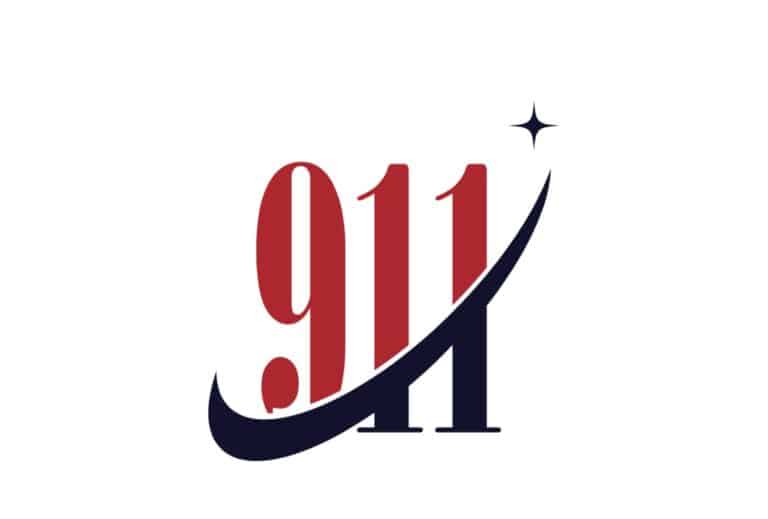New Regulation Extends VA Benefits to Veterans with ‘Bad Paper’ Discharges Amid Application Concerns
A new rule expanding eligibility for VA benefits to tens of thousands of veterans previously denied due to less than honorable discharges is causing concern among veterans’ advocacy groups. While the rule aims to provide access to disability assistance, health care, and other VA services, critics argue it lacks a clear path for veterans to obtain these benefits.
Rule Change and Eligibility
Effective June 25, a rule published in the Federal Register will allow veterans to qualify for full VA benefits if they can demonstrate that mental illness, traumatic brain injury, or other extenuating circumstances contributed to their misconduct. Traditionally, veterans with less than honorable discharges have been excluded from VA services and benefits.
Dana Montalto, an attorney with the Veterans Legal Clinic at Harvard University Law School, noted that the new rule still places a significant burden on veterans. They must undergo lengthy, individualized reviews of their discharge circumstances, which can take years before they are awarded access to VA services.
Concerns About Implementation
Renee Burbank, director of litigation at the nonprofit National Veterans Legal Services Program, emphasized the need for VA staff to be well-informed about the rule change and apply it appropriately when reviewing claims for benefits.
“Given VA’s track record, to make a real difference, VA needs to outline specific efforts to educate their employees to ensure they properly serve any newly recognized veterans,” Burbank said.
Veterans who left the military with so-called bad papers may not even be aware of the rule change. Advocacy groups stress the importance of informing these veterans about their new eligibility for VA services.
Case Studies Highlighting Issues
Army veteran Adam Johnson, 41, of Tennessee is among the estimated 125,000 veterans who have left the military since 2001 with less than honorable discharges. Johnson, who suffers from mental illness and homelessness, is hoping to seek the new exemption and qualify for VA services with the help of a county veterans service officer.
However, Johnson has not been informed about the rule change or the steps needed to seek VA benefits. In 2007, Johnson received an other than honorable discharge following an incident involving unauthorized use of his commander’s motorcycle after excessive drinking. Since his discharge, Johnson has faced numerous mental health challenges and periods of homelessness.
Impact of Other Than Honorable Discharges
Lisa Von Hagen, a veterans’ service officer with the Maury County Veterans Services Office in Tennessee, works with Johnson and described the ripple effect of denying VA care and services to veterans with other than honorable discharges. This denial affects their ability to receive health care, secure employment, and afford housing.
“Having an other than honorable discharge is a big thing I see with homeless veterans who can’t get care and services they need. It is a big piece of the puzzle for them,” Von Hagen said.
Legal Actions and Challenges
The National Veterans Legal Service Program and Swords to Plowshares filed a lawsuit on April 16 to compel the VA to apply “character of discharge” differently when considering benefits for veterans with other than honorable discharges. This lawsuit was dismissed following the adoption of the new rule.
Maureen Siedor, legal director with Swords to Plowshares, pointed out that the new rule leaves significant discretion with VA adjudicators in determining benefits. “Veterans still have a significant burden to prove mental health problems or racial struggles at the time,” she said. “We’re seeing clients denied benefits after one infraction. The VA is still allowed to turn people away for minor misconduct.”
Individual Cases and Their Struggles
Navy veteran Gerald Crump, 57, of Texas received due process in a court martial in 1994 after stealing a fellow service member’s credit card. Although the judge recommended he remain in the military, Crump was given an other than honorable discharge after an administrative review. Crump, who had prior struggles with depression and suicidal thoughts, has been denied VA benefits since his discharge.
Following the VA secretary’s recent announcement that veterans with other than honorable discharges may qualify for benefits, Crump sought information from the local VA office in Dallas. He was told they were not aware of any new rule and advised to apply for a discharge upgrade.
Conclusion
The new rule expanding eligibility for VA benefits to veterans with less than honorable discharges represents a significant change. However, the implementation and awareness of this rule remain critical issues. Ensuring that veterans are informed and that VA staff properly apply the new regulations will be essential for the rule to have the intended impact.
FAQs
What does the new rule change about VA benefits eligibility?
The new rule allows veterans with less than honorable discharges to qualify for VA benefits if they can demonstrate that mental illness, traumatic brain injury, or other extenuating circumstances contributed to their misconduct.
When does the new rule take effect?
The rule takes effect on June 25.
What challenges do veterans face in accessing these new benefits?
Veterans must undergo individualized reviews of their discharge circumstances, which can be lengthy and burdensome. Additionally, many veterans may not be aware of the rule change.
How are veterans being informed about the new rule?
Advocacy groups stress the importance of informing veterans, but there are concerns that the VA has not effectively communicated the rule change to those affected.
What actions are being taken to ensure proper implementation of the rule?
Advocates are calling for the VA to educate its employees about the new rule and ensure it is applied appropriately when reviewing claims for benefits.





